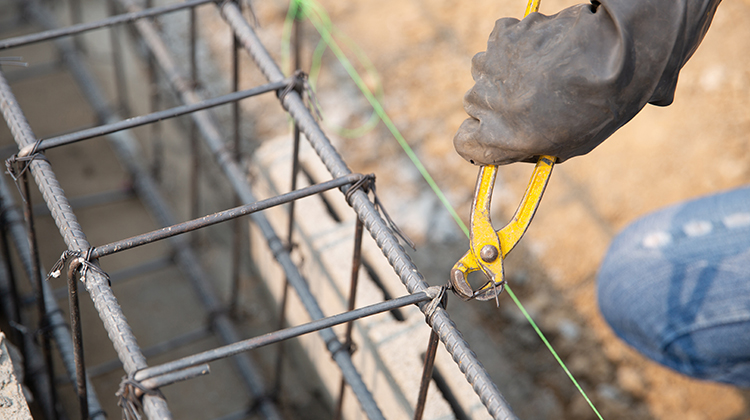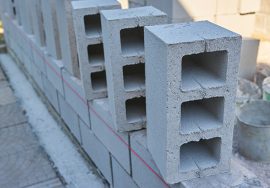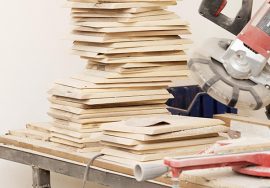
5 Innovative Building Materials Changing Construction in Nigeria
Introduction:
Nigeria’s construction industry is experiencing a shift—moving from conventional practices to modern, tech-driven solutions. At the center of this change is the rise of innovative building materials that are designed to reduce costs, save time, and promote more sustainable development. Whether you’re a contractor, architect, or self-builder, understanding these new materials can make a huge difference in your project outcomes.
In this article, we explore five of the most game-changing materials currently influencing the Nigerian construction landscape.
1. Interlocking Stabilized Soil Blocks (ISSBs)
Why it matters: These blocks are made from a mix of soil, cement, and water, compressed using a manual or mechanical press. ISSBs don’t require mortar for binding, reducing cement usage significantly.
Benefits:
-
Eco-friendly and low-cost
-
Great thermal insulation properties
-
Faster wall assembly and less skilled labor needed
Use Case: Perfect for residential homes and schools in rural or low-income areas.
2. Lightweight Steel Frames
Why it matters: This is a strong alternative to traditional wood or concrete columns, especially in multi-storey buildings.
Benefits:
-
Resistant to termites and rot
-
Speeds up construction timelines
-
Recyclable and more sustainable than timber
Use Case: Ideal for commercial buildings, office complexes, and rapid housing schemes.
3. Fiber Cement Boards
Why it matters: These boards are becoming popular as interior and exterior cladding, ceilings, and partition walls.
Benefits:
-
Fire and moisture resistant
-
Easy to install
-
Durable and long-lasting
Use Case: Frequently used in modern interior finishings and office space designs.
4. Bamboo Reinforcement
Why it matters: Bamboo is a fast-growing, natural material that is now being explored as reinforcement in concrete, especially in eco-projects.
Benefits:
-
Cheap and locally available
-
Strong tension resistance
-
Promotes sustainability
Use Case: Great for rural construction, research projects, and sustainable development efforts.
5. Self-Leveling Concrete
Why it matters: This material spreads and levels itself without the need for much labor, helping create smooth, level surfaces quickly.
Benefits:
-
Reduces labor cost
-
Saves time on site
-
Great for floor renovations and tiling base
Use Case: Widely used in residential, commercial, and industrial flooring.
Conclusion:
The future of building in Nigeria lies in embracing smarter, safer, and more sustainable materials. These innovations not only improve construction outcomes but also reduce environmental impact and long-term maintenance costs.
Pro Tip: Always consult with a professional before choosing a new material to ensure it’s right for your specific project and region.
📺 Watch on BTech TV: Our YouTube Channel
📩 Subscribe to stay informed: Be the first to know when new materials hit the market by subscribing to our newsletter.






